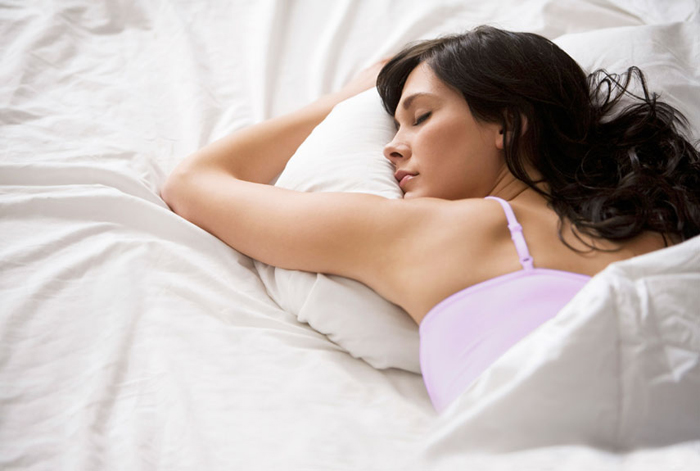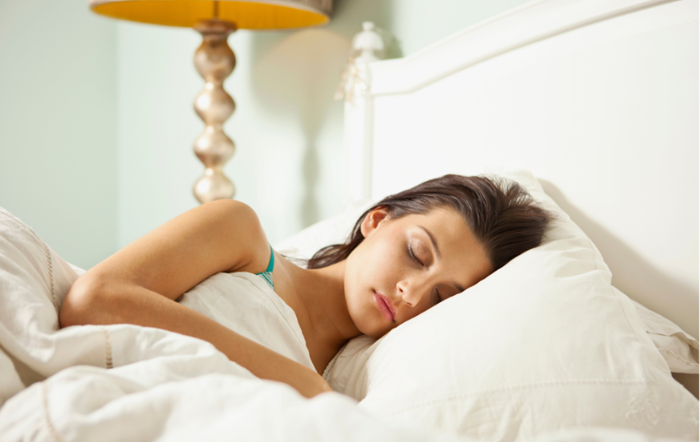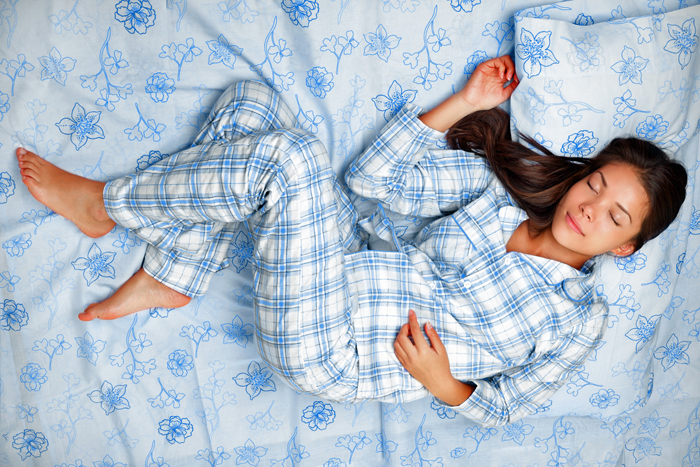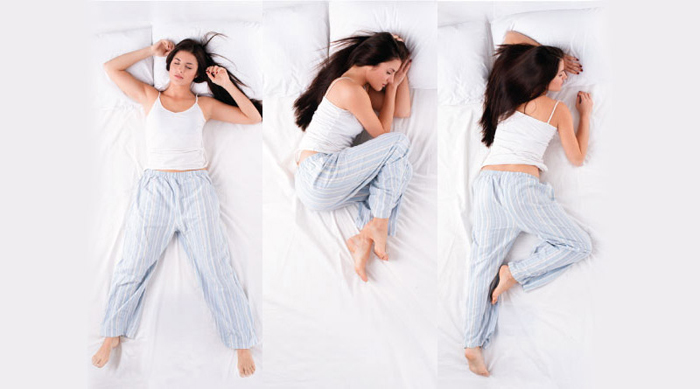When it comes to quality sleep, there are a few key factors that have a big influence on it and are very often overlooked. In this article, we will cover the basics requirements one bedroom should have in order to provide the host with good quality sleep. Since we are all different there is no general rule, only conditions that need to be adjusted according to our lifestyle and sleeping patterns.
1. The Bedroom Environment
According to psychologist Shelby Harris, a PsyD, who directs the Behavioral Sleep Medicine Program at Montefiore Sleep-Wake Disorder Center (NY), sleep environment is a very important, but unfortunately widely ignored key factor for a good night’s sleep.
Many people watch TV in bed, work on their laptops or even do their taxes. No wonder why their minds are still active and can’t fall asleep when they go to bed.
That’s why Harris recommends reserving the bedroom just for sleep and sex. This way your brain will associate the bedroom with just sleep and sex, thus making it easier to wind down at night.
Another important advice is to watch over the room temperature. Try to keep your bedroom cool and ventilated. A slightly cool bedroom (around 65° F or 18° C) can provide the best conditions for a good night sleep, while a bedroom that is too hot or too cold can interfere with the quality of the sleep.
Last but not least, try to keep the noise down as much as you can. If you live in a loud neighborhood, you can try to mask the sounds with a fan or sound machine imitating quiet nature sounds, which you will get used to in the long run. Using earplugs may also help, but you might risk not hearing the morning alarm.

2. The Right Mattresses
The second most important key factor in getting a good night sleep and feeling rested is the mattress on your bed. The mattress that is good for you will help you feeling restored and free of pain in the morning. So, when choosing a mattress, make sure that it provides good support for the curves of your spine and it is comfortable, relaxing you in the true sense of the word.
According to Michael Decker, Ph.D., RN, associate professor at Georgia State University and spokesman for the American Academy of Sleep Medicine, the ideal mattresses is different for each person. Yet, he agrees that every good mattress must reduce the pressure points on your body and help you get a better night’s sleep.
He recommends that we should not be embarrassed to try the mattress before buying it. Just a short test nap of about 20 minutes in the store can help us decide if the mattress suits us. Another thing he recommends is replacing the mattress every 9 to 10 years.

3. The Right Pillow
Most common signs for sleeping on the wrong pillow are tossing and turning at night and feeling achy in the mornings. The importance of pillows lies mainly in supporting the neck and spine i.e. making sure they are aligned properly. If this support is good, then you will wake up rested, and if not, it can put more strain on the back, cause headaches and make even worse problems in the long run. For many people, the cervical pillows are the greatest choice they ever made.
The truth is that when it comes to choosing a pillow, there is no one-size-fits-all pillow. You need to choose a pillow according to your most used sleeping position. So, which one are you? Back, side or stomach sleeper?
- Back Sleepers
If you spend most of the night lying flat on your back, then you should choose a flat and thin pillow.
- Side sleepers
If you spend most of the night lying on your sides then you need a contoured pillow, providing firm support. It is also recommended to place a pillow between your legs, which will help your spine to stay in alignment, and leave the back with less pressure from sleeping on the side.
- Stomach sleepers
If you are a stomach sleeper, then you don’t need much support for your head. The thinner the pillow, the better sleep you’ll get because thin pillows prevent the head from rising too much and putting the strain on the neck. It is also recommended that you place a small pillow right under your stomach, just to prevent lower back pain.
